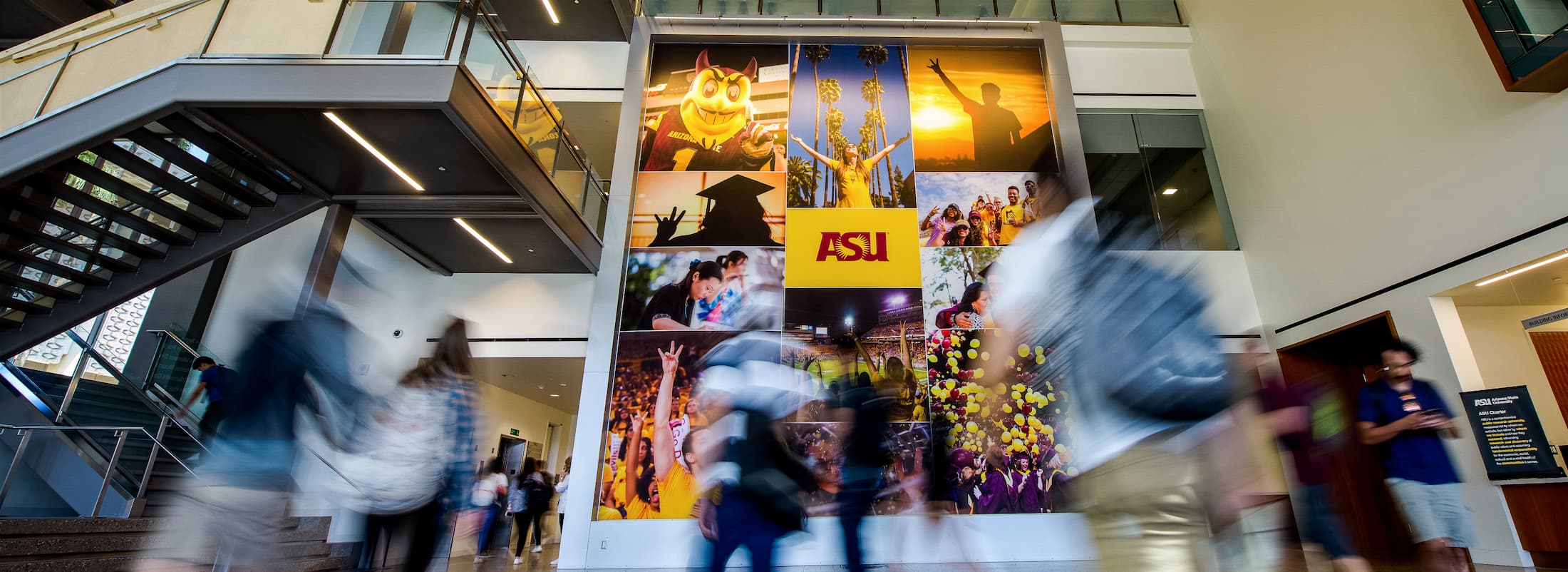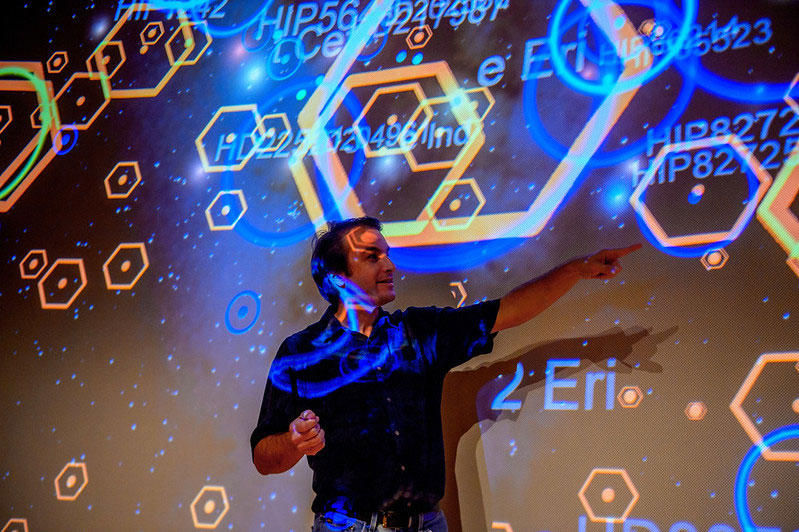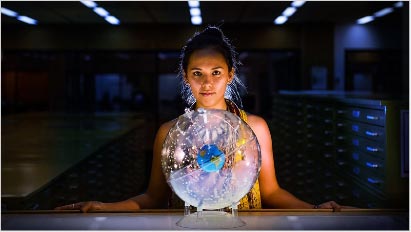
Centers and institutes
Filters
Julie Ann Wrigley Global Futures Laboratory
Connection One is a National Science Foundation industry/university cooperative research center that is at the forefront of developing the next generation antennas, low-power computer chips, advanced transistor models and multiple-function circuitry to enhance technologies ranging from cellular to environmental and defense applications.
Julie Ann Wrigley Global Futures Laboratory (GFL)
The Mathematical and Theoretical Biology Institute summer program trains undergraduates through cutting-edge research and intensive mentoring experiences in the applied mathematical sciences.
Julie Ann Wrigley Global Futures Laboratory
Kaiteki identifies strategic social needs, pursues creative innovation in chemistry, materials, processes, devices and systems, as well as underlying new science and technologies.

IFIS help embody ideas about innovation, knowledge and future across ASU and develop them broadly throughout society, through an ambitious and integrated agenda for education, training, research, outreach and engagement.
Institute for the Future of Innovation in Society
The Center for Innovation in Informal STEM Learning (CIISL) brings communities together to understand our world and shape the future.
The center is poised to become a major international incubator of solution-driven transdisciplinary research, brings together scholars from one of the country's most innovative research universities with experts from SFI’s worldwide community.
The Center for Biological Physics (CBP) conducts research into biological phenomena using the tools and methods of physics. Key interests span biomolecules, systems biology and cellular dynamics.
The Center for Biology and Society promotes research, education and engagement related to study of the life sciences and their interconnections with society.
A research organization specializing in developing and implementing inclusive and equitable educational strategies specifically for underrepresented students in science, technology, engineering, and math (STEM).
The ETX Center brings science educators, technologists, artists, and ASU faculty and researchers together to design and build digital learning experiences.
The center actively drives the discourse and experiences of underrepresented girls in STEM by owning, generating and critiquing the collective body of scholarship on girls of color and STEM education.
The Center for Science, Technology and Environmental Policy Studies conducts research, evaluates policy, and develops solutions for some of the world’s most pressing challenges at the nexus of scientific, societal, technological, and environmental change.
The Center for Wireless Information Systems and Computational Architectures (WISCA) places ASU at the research and development nexus of the next wireless revolution.
The RISE Center promotes equity in the experiences of undergraduates in STEM through innovative education research conducted at scale.
The STAM Center investigates new technologies and methodologies to offer opportunities for designing secure computing devices and systems that go beyond what is currently achievable. The center couples its research mission with active recruiting and training of students, especially domestic students, targeting applications of national security importance.
The Simon A. Levin Mathematical, Computational and Modeling Sciences Center (Levin Center) is a research center that encourages quantitative scientists and mathematicians from all corners of the university to focus on research driven by “solutions” rather than “disciplines.”
